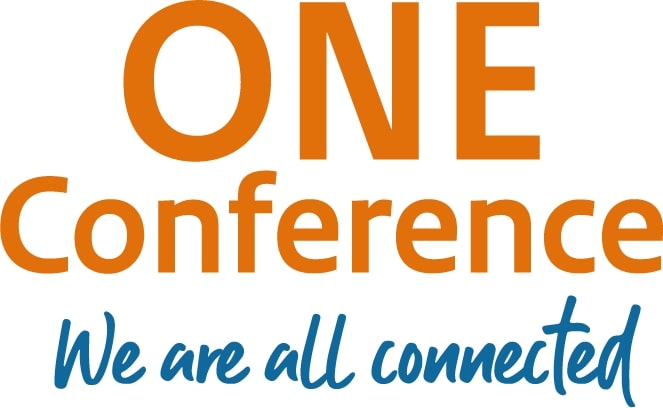As the European Union continues to depend heavily on non-EU providers for critical digital infrastructure—ranging from cloud services and cybersecurity tools to hardware and software—concerns over digital sovereignty and strategic autonomy are rising. This reliance poses significant risks to data privacy, supply chain resilience, and Europe’s ability to independently secure its digital future.
Structural challenges hinder Europe’s global competitiveness in cybersecurity and digital technologies. While EU cybersecurity firms demonstrate strengths in regulation and data protection, they face persistent barriers to scaling-up, commercialising innovation, and attracting investment (Draghi, 2024). On the other hand, resource disparities and fragmentation hinder timely and coherent implementation and adoption of cybersecurity measures (ENISA, 2024).
The EU has already introduced legislative efforts such as the Cyber Resilience Act and the EU Cybersecurity Certification Scheme (EUCS) to address some of these issues. More is to be done, however, and strategic documents like the Draghi and Niinistö (2024) reports recommend fostering stronger public-private partnerships and deepening cross-border collaboration to build resilience and support innovation.
Member states also recognise the risks of increasing digital dependencies for national security, competitiveness and fundamental and democratic rights. Highlighting cybersecurity as one of the priority strategical dependencies, The Netherlands published its first Agenda Digital Open Strategical Autonomy in 2023. It provides a policy framework for connecting digitalisation and open strategical autonomy in Dutch and European efforts, considering incentives and protective measures as well as the development of international partnerships to reduce risks.
Existing European frameworks for partnerships and cross-border collaboration have already proven successful to address challenges in domains other than cybersecurity. For example, Joint Actions supported streamlining health data governance, while an Important Project of Common European Interest (IPCEI) and Digital Infrastructure Consortiums (EDICs) develop EU alternatives for digital services.
Building on national efforts and European examples, this session explores if a cross-border collaboration may be harnessed to support Europe’s cybersecurity ecosystem. What should a dedicated initiative to addresses the systemic challenges facing European cybersecurity look like?
Please note that this panel is organised with support of the Dutch Ministry of Economic Affairs and aims to discuss cybersecurity from an economic and civic perspective.

